10 Movies and TV Shows That Made Millennials Look Worse Than They Deserved
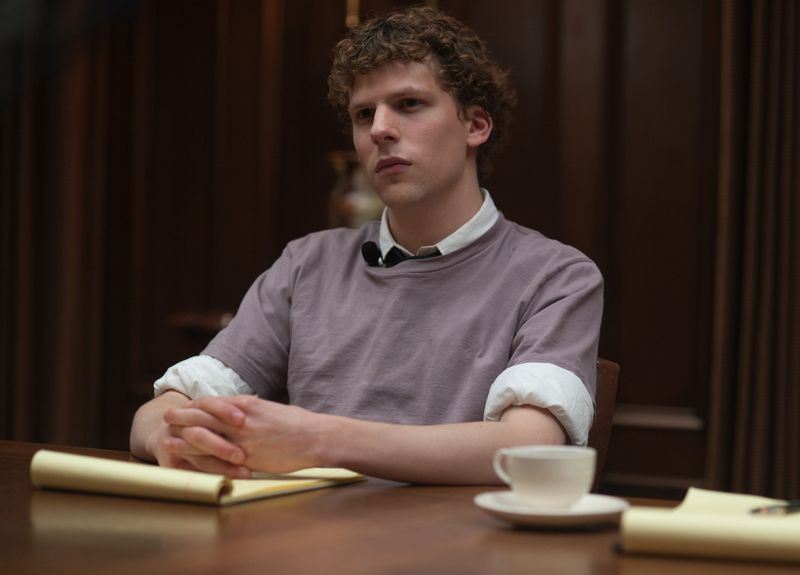
Hollywood has never resisted turning generations into caricatures, and millennials became its favorite target. Branded as entitled, lost, and addicted to attention, they were often reduced to clichés on screen. While a few films captured real struggles, many exaggerated flaws for laughs or drama. These 10 movies and shows helped cement an image millennials never truly deserved.
1. The Bling Ring (2013)
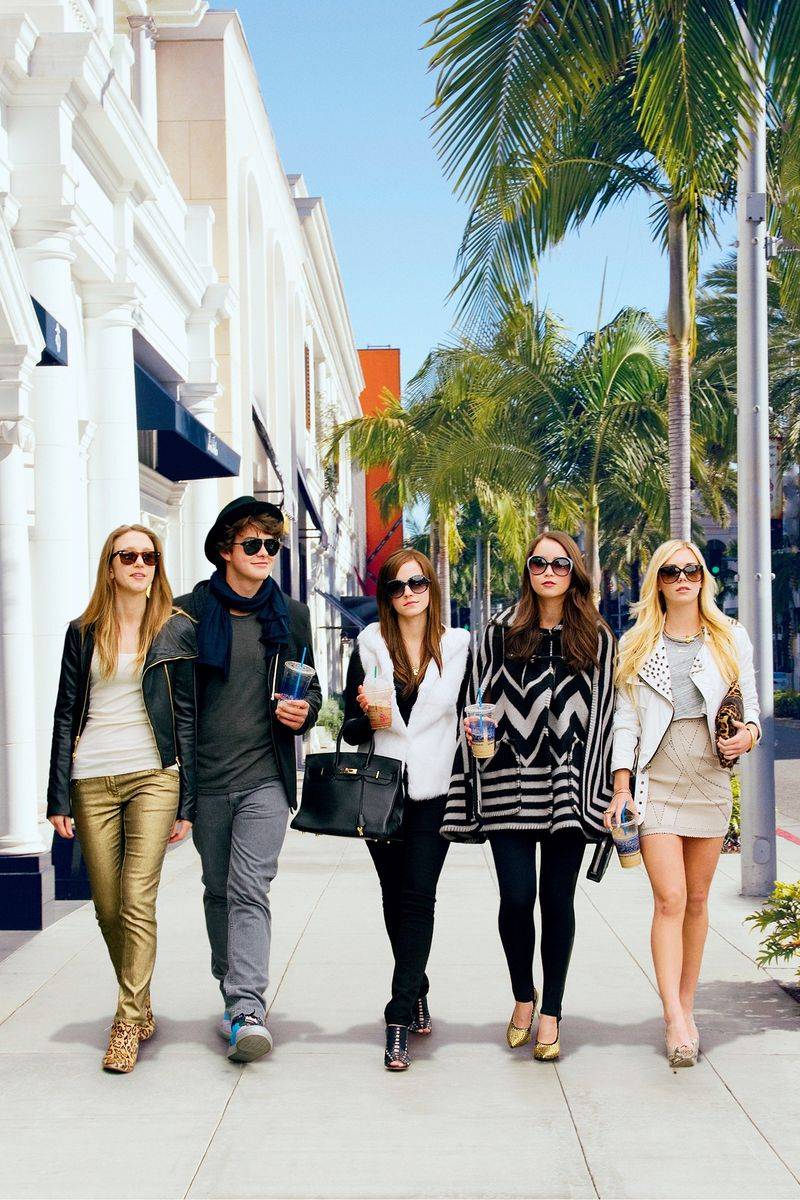
Sofia Coppola’s crime drama turned real-life burglaries into a glossy spectacle of excess. Based on actual events, the film follows teenagers who robbed celebrity homes simply because they could. Their motivation wasn’t poverty or desperation—it was pure obsession with fame and luxury.
Critics saw it as a damning portrait of millennial values: shallow, materialistic, and devoid of consequences. The characters flaunt stolen goods on social media, treating crime like a game for likes and followers. Every frame drips with designer labels and empty glamour.
What gets lost is context. These weren’t average millennials but extreme outliers fueled by celebrity culture that predates their generation. Yet the film became shorthand for millennial greed, reducing complex social issues to a neon-soaked morality tale about entitled youth.
2. Girls (2012–2017)
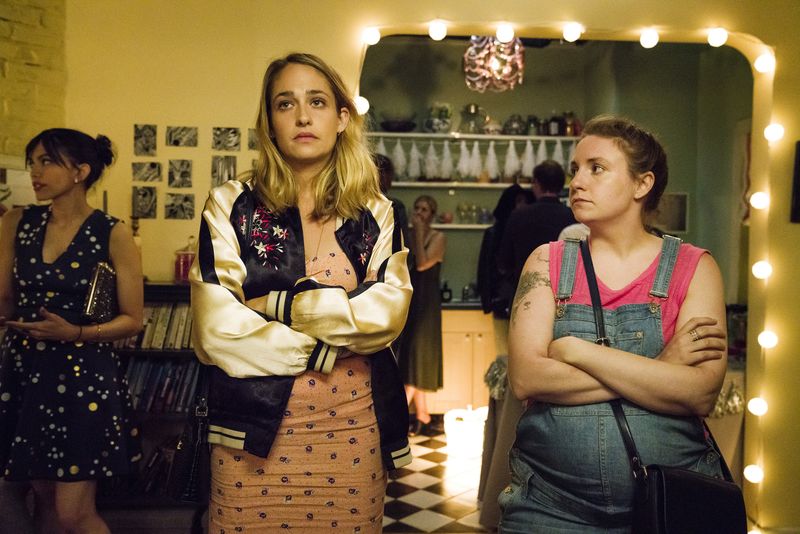
Lena Dunham’s critically acclaimed HBO series quickly became the poster child for everything people disliked about millennials. The show followed four twenty-something women navigating life in Brooklyn, but their constant self-absorption rubbed many viewers the wrong way.
Hannah Horvath famously declared herself “the voice of a generation” in the pilot episode, which set the tone for years of eye-rolling from critics. The characters complained endlessly about first-world problems while showing little awareness of their privilege. They struggled with basic adulting tasks and made terrible decisions without learning from mistakes.
While the show offered honest commentary on modern young adulthood, it unfortunately reinforced stereotypes about millennials being whiny and narcissistic. The characters’ inability to hold jobs or maintain healthy relationships made an entire generation look immature and directionless to older audiences watching.
3. Frances Ha (2012)
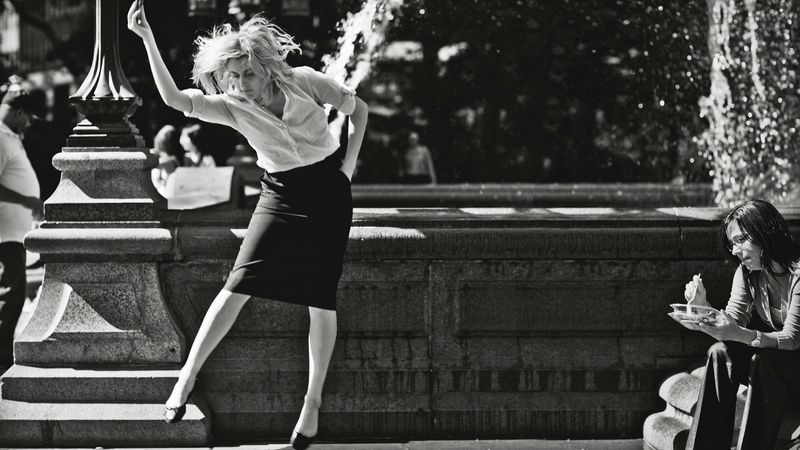
Greta Gerwig’s charming indie darling captured something painfully real: the gap between dreams and reality. Frances bounces between apartments, jobs, and half-formed plans, never quite landing anywhere solid. Her infectious energy can’t hide the underlying anxiety of not having it all figured out.
For many viewers, Frances embodied millennial paralysis—talented but directionless, passionate but impractical. The film’s black-and-white aesthetic added an artsy veneer to what critics dismissed as privileged aimlessness. Why can’t she just grow up and get a real job?
But Frances Ha wasn’t mocking millennials; it was documenting the very real struggle of finding purpose in an unstable economy. Unfortunately, its honest portrayal became ammunition for those eager to label an entire generation as perpetual children refusing to adult.
4. The Great Indoors (2016–2017)
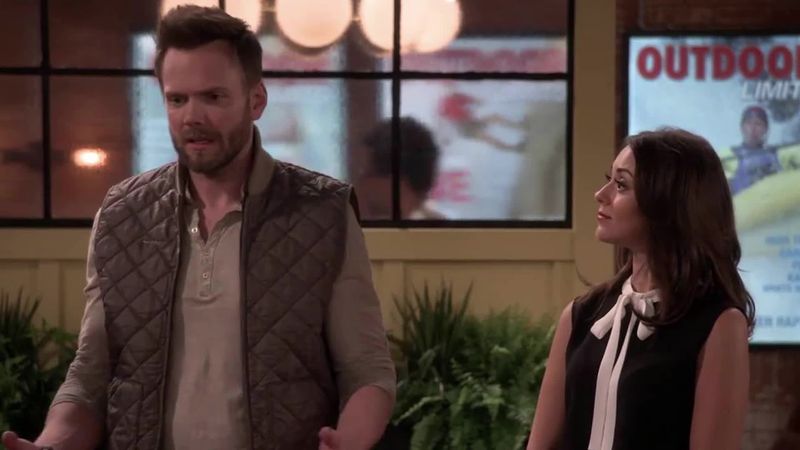
A workplace sitcom built on mocking millennials as overly sensitive, screen-addicted, and incapable of basic social skills. Its humor pitted a grizzled Gen X adventurer against clueless young staffers, reinforcing every tired “snowflake” stereotype.
Joel McHale played the outdoorsy magazine writer forced to manage a team of young digital journalists who couldn’t survive without Wi-Fi. Every episode hammered home the same message: millennials are weak, coddled, and need constant validation.
The show leaned heavily on generational conflict for laughs. Instead of exploring real workplace dynamics, it reduced an entire age group to punchlines. Critics panned it for being mean-spirited rather than clever, and audiences didn’t stick around long enough to see if it improved.
5. Drinking Buddies (2013)
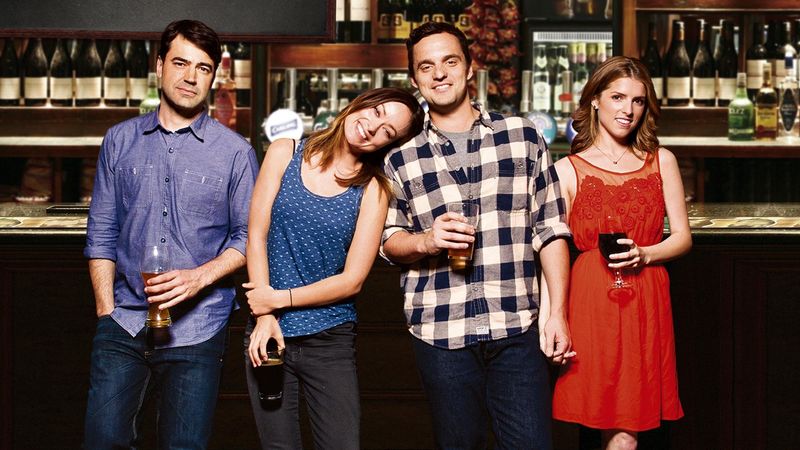
Joe Swanberg’s mumblecore romance unfolds in a Chicago craft brewery, where coworkers navigate blurry boundaries between friendship and something more. There’s no dramatic conflict, just endless conversations over IPAs and the slow realization that nobody knows what they actually want. Commitment feels terrifying; staying in limbo feels safer.
The film became a lightning rod for millennial relationship criticism. Why can’t these people just communicate? Why do they self-sabotage perfectly good partnerships? The characters drift through emotional situations with maddening passivity, choosing craft beer and ambiguity over decisive action.
What critics missed was the authenticity. Modern relationships are messy and complicated, especially when traditional timelines no longer apply. Still, Drinking Buddies reinforced the stereotype that millennials would rather overthink everything than actually commit to anything meaningful.
6. Mostly 4 Millennials (2018)

A surreal parody that turned millennial clichés into absurd sketches. Though intended as satire, many saw it as ridicule—portraying millennials as shallow, entitled, and self-important caricatures obsessed with online validation.
Each episode featured bizarre scenarios mocking avocado toast obsessions, participation trophies, and influencer culture. The humor felt less like good-natured ribbing and more like harsh judgment wrapped in comedy.
Satire works best when it punches up or reveals deeper truths. This show mostly punched down, making fun of economic struggles and social anxieties faced by real people. What could have been sharp commentary became just another pile-on, feeding into existing prejudices rather than challenging them or offering fresh perspectives.
7. Jurassic World: Fallen Kingdom (2018)
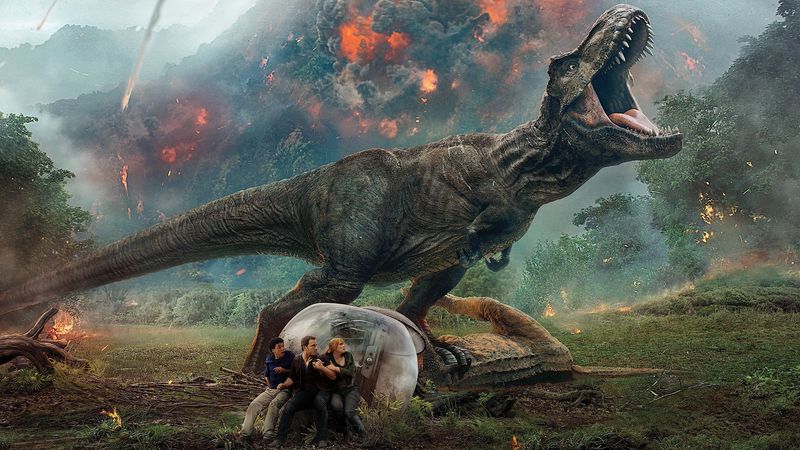
Remember when saving the dinosaurs seemed like a noble cause? This sequel positioned young activists as naive do-gooders whose good intentions pave the road to prehistoric hell. Their mission to rescue dinosaurs from an exploding island sounds heroic until everything predictably goes wrong. Suddenly, hungry raptors are loose because millennials thought they knew better.
The film plays into the stereotype that young people are idealistic to the point of dangerous stupidity. They rush into situations without considering consequences, convinced their passion equals expertise. Every boomer watching could smugly nod: see what happens when kids think they can fix everything?
Never mind that older characters made equally terrible decisions throughout the franchise. This installment specifically framed youthful activism as reckless and shortsighted, turning environmental concern into a punchline about millennial overconfidence.
8. We Are Your Friends (2015)
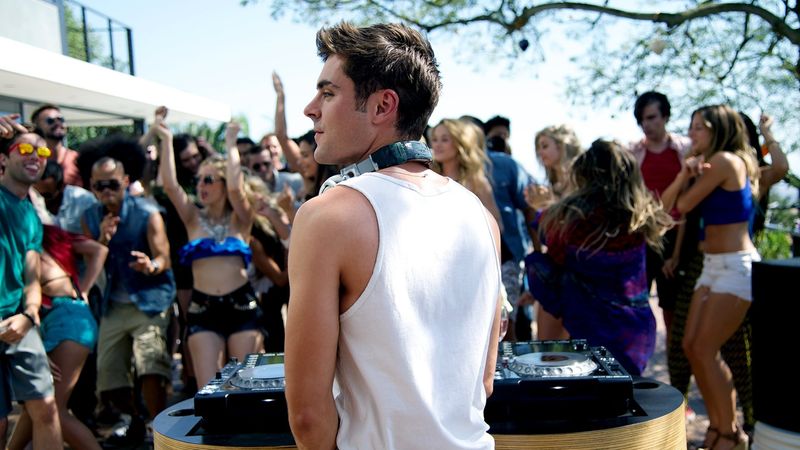
Zac Efron stars as an aspiring DJ chasing fame in the electronic music scene, armed with little more than a laptop and massive ambition. The film tries to celebrate hustle culture but accidentally exposes its emptiness. Success is measured in followers, not substance; connections matter more than talent. Everyone’s building a personal brand instead of building actual skills.
Critics pounced on the film as the ultimate millennial fantasy: getting rich and famous doing something that barely qualifies as work. Why learn an instrument when you can press buttons on a MacBook? The protagonist’s journey feels hollow, all style and zero soul.
The movie flopped spectacularly, perhaps because it hit too close to uncomfortable truths. It captured the desperation behind the carefully curated Instagram feeds, revealing hustle culture as exhausting and often meaningless. Unfortunately, it made millennials look like shallow fame-chasers in the process.
9. Search Party (2016–2022)
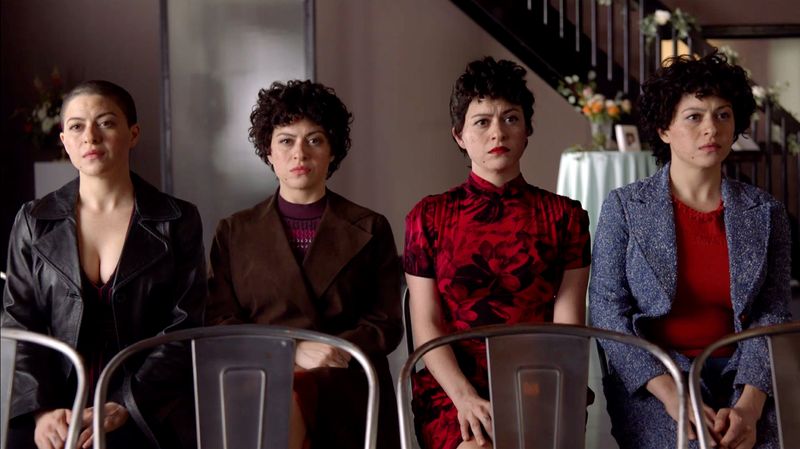
A dark comedy about aimless Brooklynites that doubled as a brutal mirror of millennial narcissism. Its characters’ vanity, privilege, and self-delusion fueled the idea that millennials care more about identity and clout than morality or meaning.
The show followed Dory and her friends as they investigated a missing person case, but their motivations were rarely noble. They acted out of boredom, ego, and a desperate need to feel important in their meaningless lives.
While the writing was sharp and the performances excellent, the characters became symbols of millennial selfishness. Viewers outside the generation saw confirmation of their worst assumptions, missing the show’s critique of privilege itself rather than age.
10. The Social Network (2010)
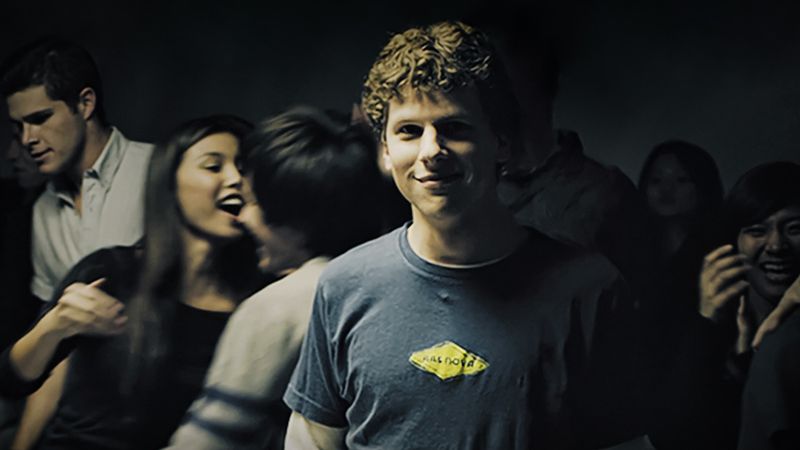
David Fincher’s origin story of Facebook became the defining millennial myth: brilliant but socially broken genius creates empire while destroying friendships. Mark Zuckerberg, played with icy precision by Jesse Eisenberg, embodies the worst stereotypes about tech-obsessed youth. He’s ambitious, ruthless, and emotionally stunted, treating people like code to be optimized.
The film suggests that millennial success requires sacrificing human connection. Every relationship becomes transactional; loyalty means nothing against the promise of billions. It’s a dark portrait of achievement at any cost, where innovation justifies betrayal.
Whether or not it’s historically accurate matters less than its cultural impact. The Social Network became the story people told about millennials: smart but cold, connected yet isolated, changing the world while losing their souls. It’s a compelling narrative that unfortunately stuck.

Comments
Loading…